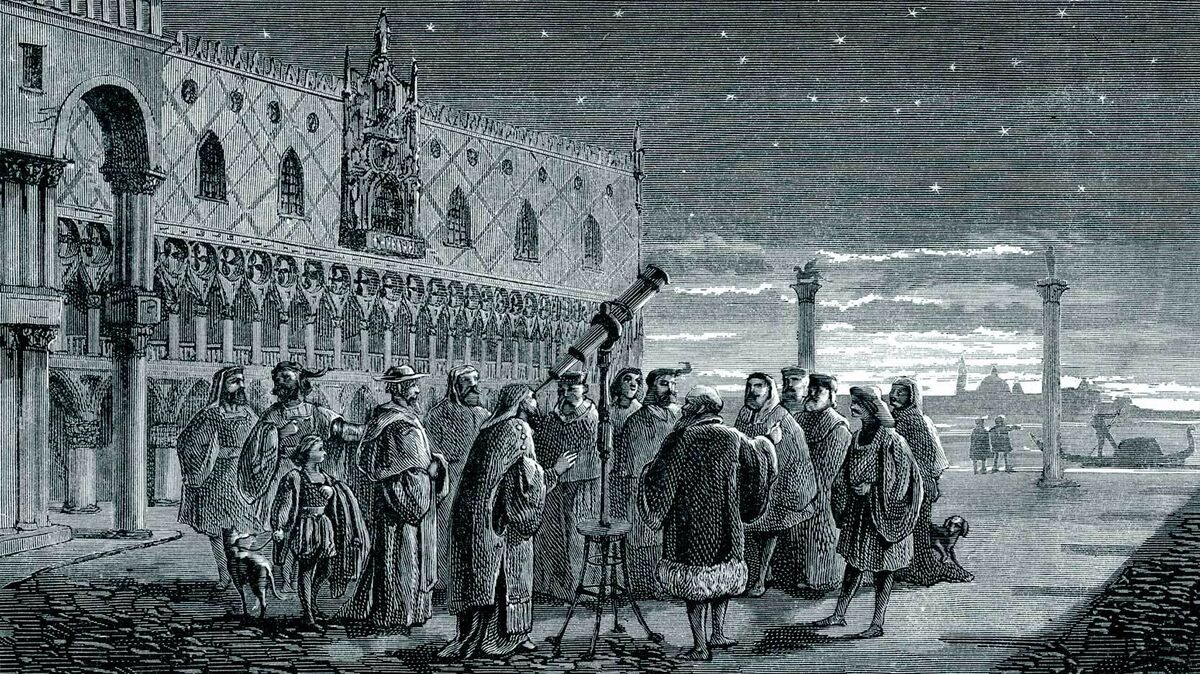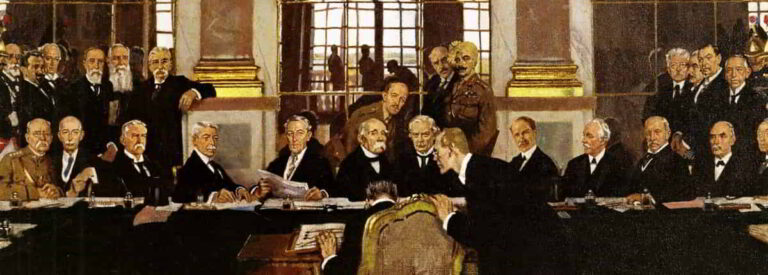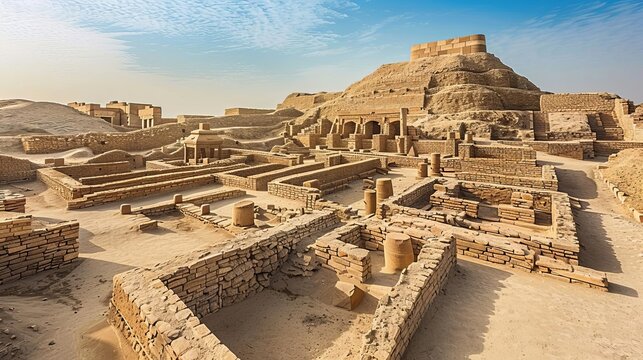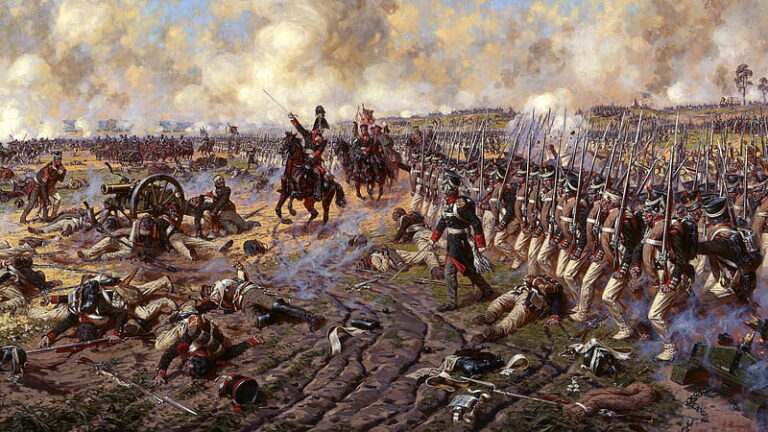Ancient Civilizations refers to the complex societies that developed thousands of years ago, characterized by advancements in various fields such as agriculture, governance, architecture, and culture. Prominent examples include the Egyptians, known for their monumental pyramids and hieroglyphics; the Mesopotamians, credited with the invention of writing and the wheel; the Indus Valley Civilization, recognized for its urban planning and drainage systems; and the Chinese civilizations, notable for their innovations in technology, philosophy, and trade. These civilizations laid the foundational structures for modern society, influencing language, religion, politics, and art. Their legacies continue to shape contemporary culture and understanding of human development.




